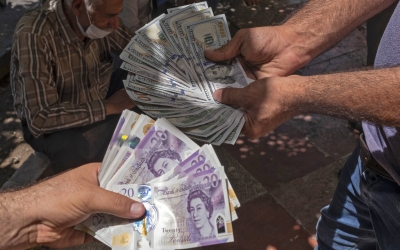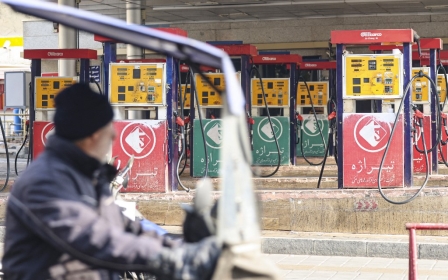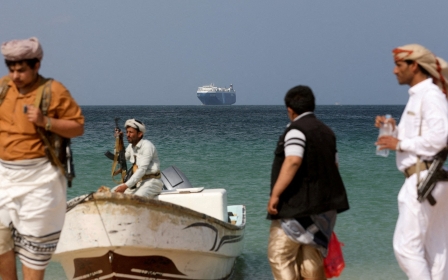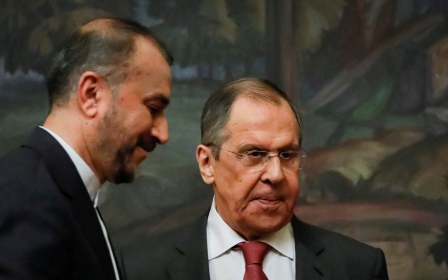Iranian press review: Raisi under pressure after Israel-linked hackers hit gas stations
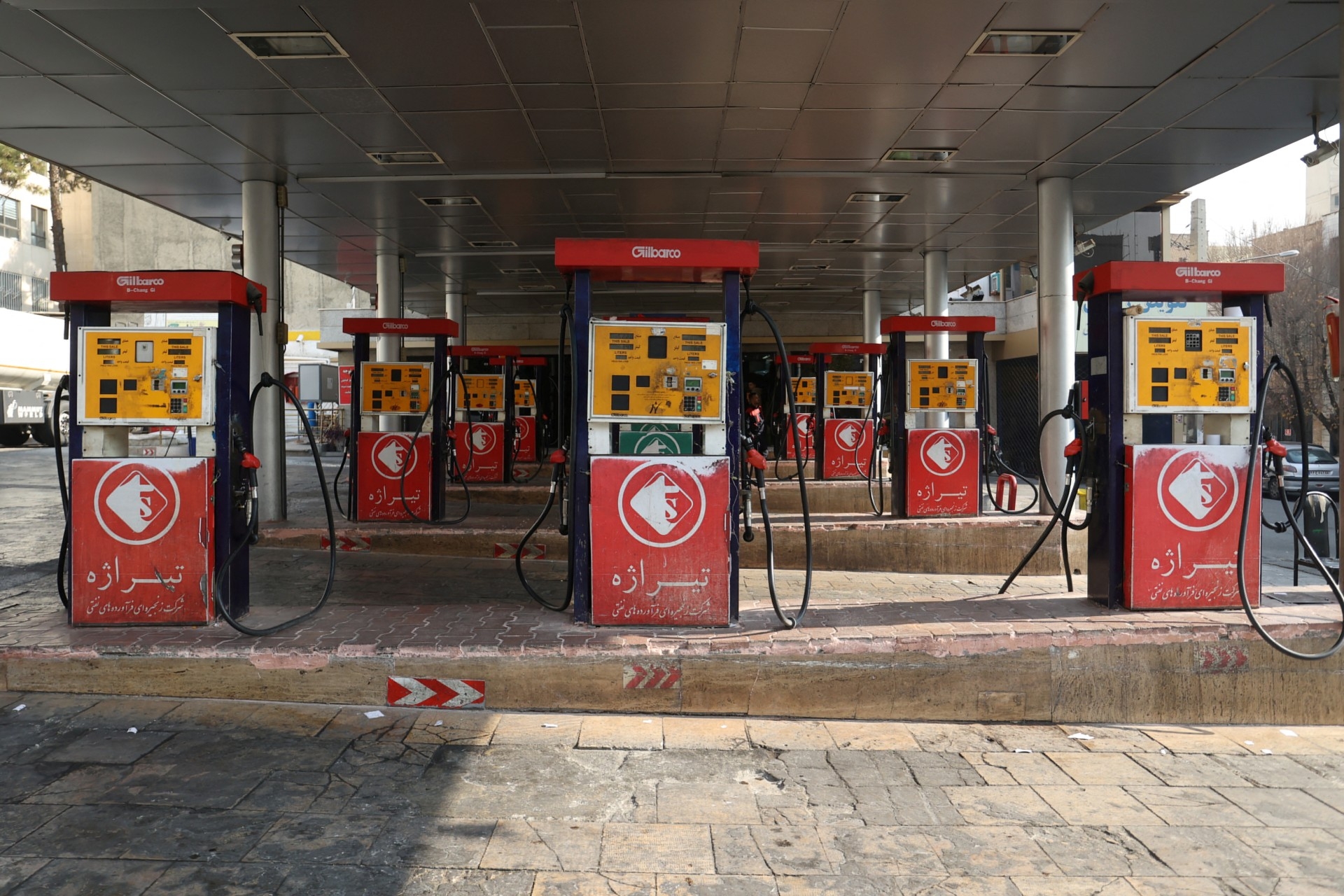
Pressure on Raisi as petrol stations paralysed
President Ebrahim Raisi and his government are facing intense pressure for failing to prevent this week's attack on Iran's gas stations, which was blamed on hackers with links to Israel.
Chaos and long queues at petrol stations across Iran were reminiscent of an October 2021 attack that paralysed the oil-rich country's petrol sales for days.
Iranian media outlets reminded Raisi of his failure to improve the country's cyber weaknesses and demanded answers about the vast expenditures on cybersecurity projects.
On Tuesday, the Etemad daily criticised the oil ministry for being unprepared for cyberattacks, despite having orders to prepare for them.
New MEE newsletter: Jerusalem Dispatch
Sign up to get the latest insights and analysis on Israel-Palestine, alongside Turkey Unpacked and other MEE newsletters
"What has the oil ministry done since the 2021 attack to improve cybersecurity? Why was no information released about the details of the first attack?" the paper asked.
Ham Mihan, a leading reformist daily, blamed the conservatives, who have controlled all key positions in the country since August 2021.
"This time, again, the same words and repeated useless actions; this time, the same scenarios are suggested by media aligned with the government under the title of planning to create chaos in the country," the daily wrote.
"But the real story is something else: the imprudence and inattention of officials to their duties."
The board chairman of the Computer Trade Union Organization told Ham Mihan that independent cybersecurity experts had proposed several suggestions to increase the cybersecurity of fuel stations, but the government neglected all of them.
Can the Houthis be contained? Iranians split
While Iran's defence minister and conservative outlets insist that a US-led naval task force can't protect shipping in the Red Sea, a former Iranian diplomat has argued that Houthi attacks on the waterway will not impede traffic through the Bab al-Mandeb strait.
Since the beginning of the war in Gaza on 7 October, Hezbollah in southern Lebanon and the Houthis in Yemen, both Iranian-backed, have been the only regional forces responding to Israel's assault.
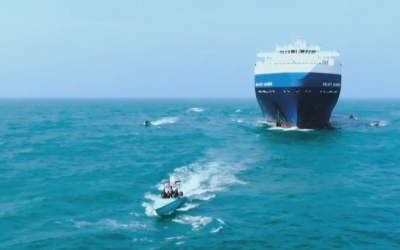
On Tuesday, Kourosh Ahmadi, a former Iranian diplomat to the United Nations, wrote in the Shargh daily that the Houthis will deploy the same strategy used by Hezbollah, continuing controlled confrontations with Israel.
"Now, the Houthis are the only factor that can give this crisis a regional and international dimension. But there has been no serious problem so far," he wrote.
The majority of sea traffic, Ahmadi said, has continued to flow normally despite the decision of five shipping companies to halt their operations in the Red Sea.
He added that the attacks conducted from Yemen would not interrupt international shipments and would not seriously affect the oil market.
Farsi conservative outlets had an entirely different take, arguing that the Houthi attacks have caused enormous economic damage to Israel.
The Iran daily, owned by Raisi's administration, hailed the attacks under the headline "Death by a thousand cuts of Yemeni dagger", referring to what Israel had previously described as its strategy against Iran as "death by a thousand cuts".
Iran's defence minister, Mohammad Reza Ashtiani, warned last week that launching a multinational military operation to safeguard commerce in the Red Sea would cause "extraordinary problems" for US forces in the region.
"This region is ours, and we have predominance here, and surely no other country can manoeuvre here," he was quoted as saying by local media.
Corruption revealed in rice imports
After revelations about a major tea smuggling scandal earlier this month, experts have now cast their attention to the country's rice imports.
The government has been subsidising foreign currency to help importers close to the establishment bring essentials goods into the country, to alleviate the impact on Iranians of the economic crisis and international sanctions.
But that assistance has become a leading source of corruption, with many importers selling the currency on the open market instead of using it for imports. Or, as in the case of rice importers, bringing more goods into the country than are needed.
Jamil Alizadeh Shaigh, director of Iran's Association of Rice Producers and Suppliers, warned on Wednesday in the Arman Meli daily that corruption has been rampant in the rice industry since Raisi took office in 2021.
"The new officials in the Ministry of Agriculture reduced the custom tariffs for rice imports to zero and significantly impacted domestic producers," he said.
The daily also quoted Iranian lawmaker Jabbar Kouchakinejad, who stressed that a powerful mafia controls imports in the country.
"For several years, we have been confronting the imports mafia, but they are so formidable that they have successfully prevented any results from investigations into their links," said Kouchakinejad.
Middle East Eye delivers independent and unrivalled coverage and analysis of the Middle East, North Africa and beyond. To learn more about republishing this content and the associated fees, please fill out this form. More about MEE can be found here.


